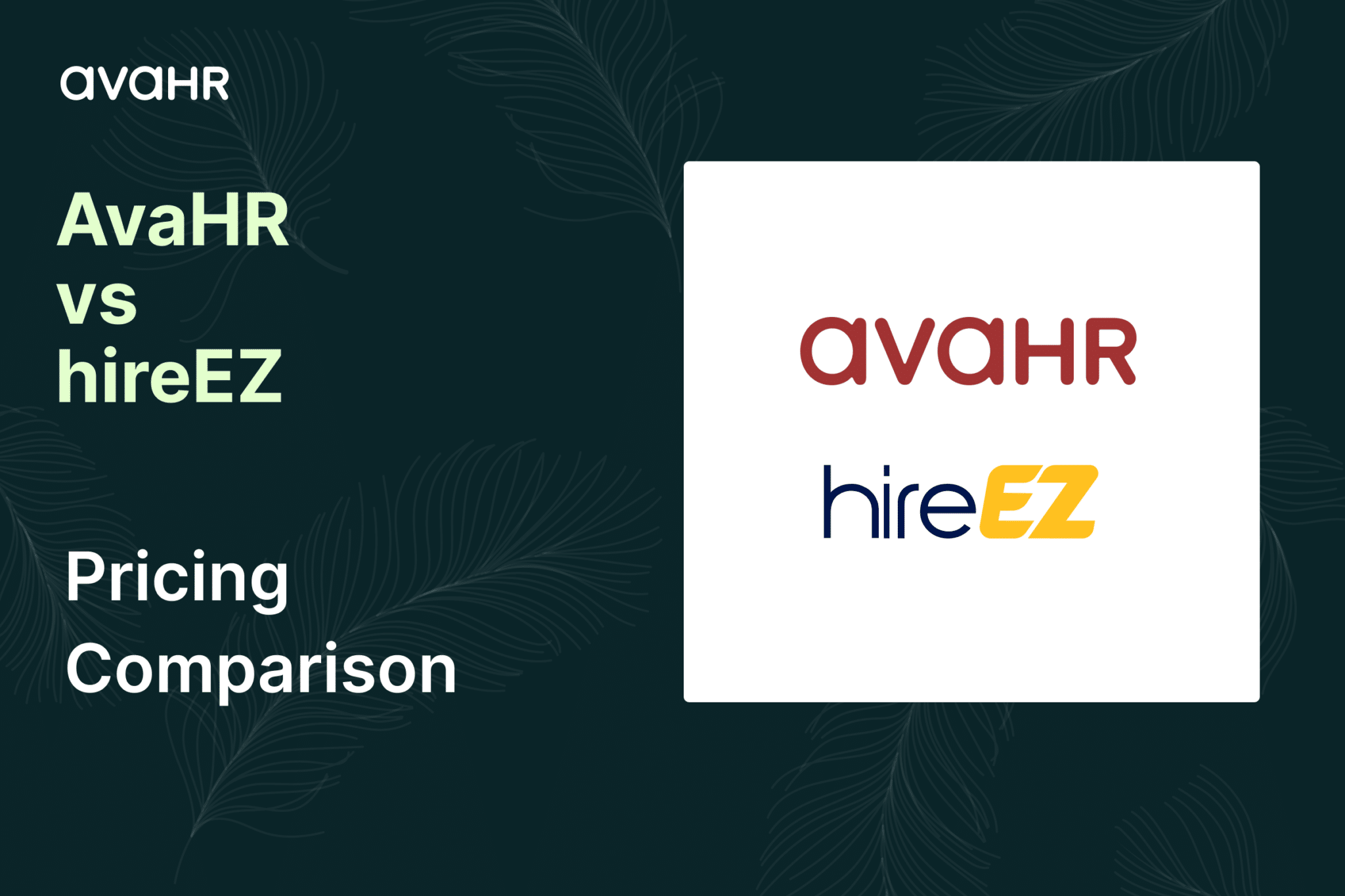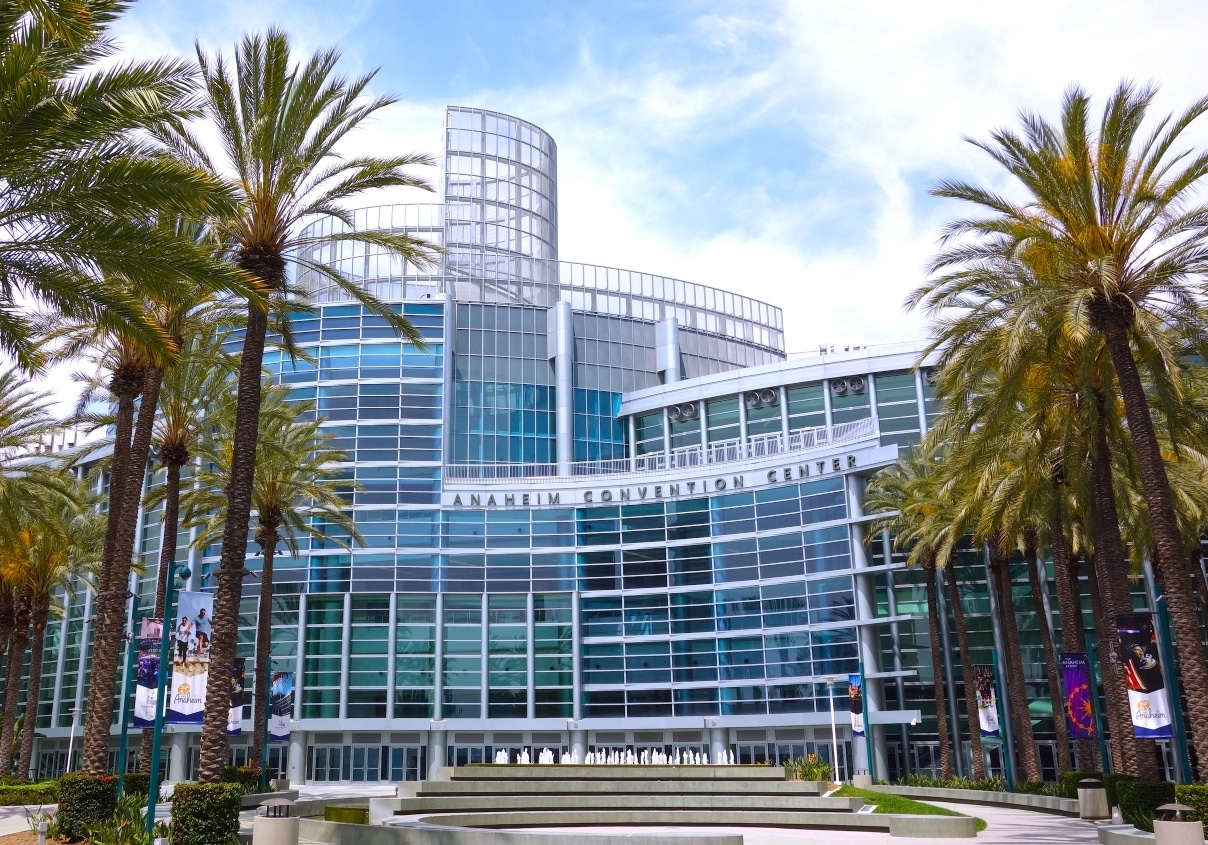How the Election Results Could Affect Hiring: A Look at Economic and Workforce Impacts

As we’ve come to the conclusion of a highly charged election season, it’s clear that the outcome of the election will have a far-reaching impact – not just on politics, but on the job market and hiring trends across industries.
From potential changes in government policies to shifts in business confidence, the results of the 2024 election could bring significant changes to how companies approach staffing, recruitment, and workforce planning.
1. Government Policy and Economic Direction
The election will likely determine the direction of key policies that affect business operations, from taxation to labor regulations. A shift in government could influence:
- Taxation Policies: Changes in corporate tax rates or individual tax policies could directly affect business investments. Lower taxes might spur more aggressive expansion plans, leading to increased hiring, while higher taxes could force companies to slow hiring or even cut back on jobs.
- Labor Laws and Regulations: The outcome may also shift labor laws, particularly around minimum wage increases, unionization efforts, and benefits like paid family leave. If a candidate with a pro-labor stance takes office, businesses may be faced with increased labor costs, potentially altering hiring strategies or encouraging more automation.
- Regulation of Gig Economy: Policies related to gig workers, independent contractors, and remote work could impact hiring patterns in tech, transportation, and other industries. Changes could lead to new business models or prompt businesses to adjust how they engage with workers.
2. Business Confidence and Investment
Regardless of the specific election results, business confidence is often influenced by political stability and the perceived direction of the economy.
A clear election outcome, where business leaders feel confident in the policy framework ahead, can encourage:
- Expansion: More predictable policies may lead companies to ramp up investments, hire more staff, and pursue new projects. This is particularly relevant in sectors like technology, healthcare, and infrastructure, where future government spending may play a crucial role in determining growth.
- Conservatism and Caution: If the election results lead to uncertainty, businesses might adopt a more cautious approach. This could involve freezing hiring or slowing down expansion plans until the economic and regulatory environment becomes clearer.
3. Sector-Specific Impacts
The results of the election will likely influence certain sectors more than others, with key industries responding to the policies of the winning party.
Here’s a brief overview of how some sectors might be impacted:
- Technology and Innovation: A pro-innovation policy agenda could lead to increased hiring in research and development (R&D), especially in AI, clean energy, and biotech. Conversely, a more regulatory-focused administration might impose stricter rules around data privacy and tech monopolies, potentially creating hiring freezes or job shifts.
- Healthcare: Depending on the political outcome, healthcare companies may be affected by changes in Medicare, Medicaid, and the Affordable Care Act. Proposals to expand healthcare access might drive hiring in the healthcare and medical sectors, while cuts to healthcare funding could prompt layoffs or stagnation in hiring.
- Energy and Environmental Jobs: A green energy-focused administration could promote the creation of new jobs in renewable energy, environmental protection, and sustainability initiatives. Conversely, a more traditional energy approach could favor fossil fuel industries, creating hiring surges in oil, gas, and coal.
4. Remote Work and Workforce Flexibility
One of the defining shifts of the past few years has been the growth of remote work, and the election could play a role in how companies structure their workforces moving forward.
If the results favor a more flexible, worker-friendly agenda, businesses might invest further in remote or hybrid work infrastructure.
On the other hand, a push for more stringent office-based work policies could lead to companies re-evaluating their staffing models.
5. The Talent Landscape Post-Election
Hiring trends following the election could also be shaped by how the results are perceived by the talent pool.
If the election leads to perceived stability and optimism, workers may be more likely to change jobs, take risks, and explore new opportunities.
Conversely, an outcome that leads to economic uncertainty might lead to a more cautious job market, where candidates hesitate to make career moves.
Additionally, industries that are perceived to be more aligned with the winning party’s platform might see an influx of talent eager to work under the new administration’s agenda.
Preparing for Change
Hiring is inherently tied to broader economic and political forces, and the outcome of the 2024 election is poised to be a major catalyst for shifts in hiring practices.
Companies should keep a close eye on potential policy changes and business sentiments in the aftermath of the election.
Whether it’s by adjusting hiring timelines, reassessing workforce needs, or rethinking talent acquisition strategies, it’s important to be prepared for the uncertainties and opportunities that might arise.
In the end, while election results shape the landscape, adaptability and foresight will be key for both employers and job seekers navigating the post-election labor market.











